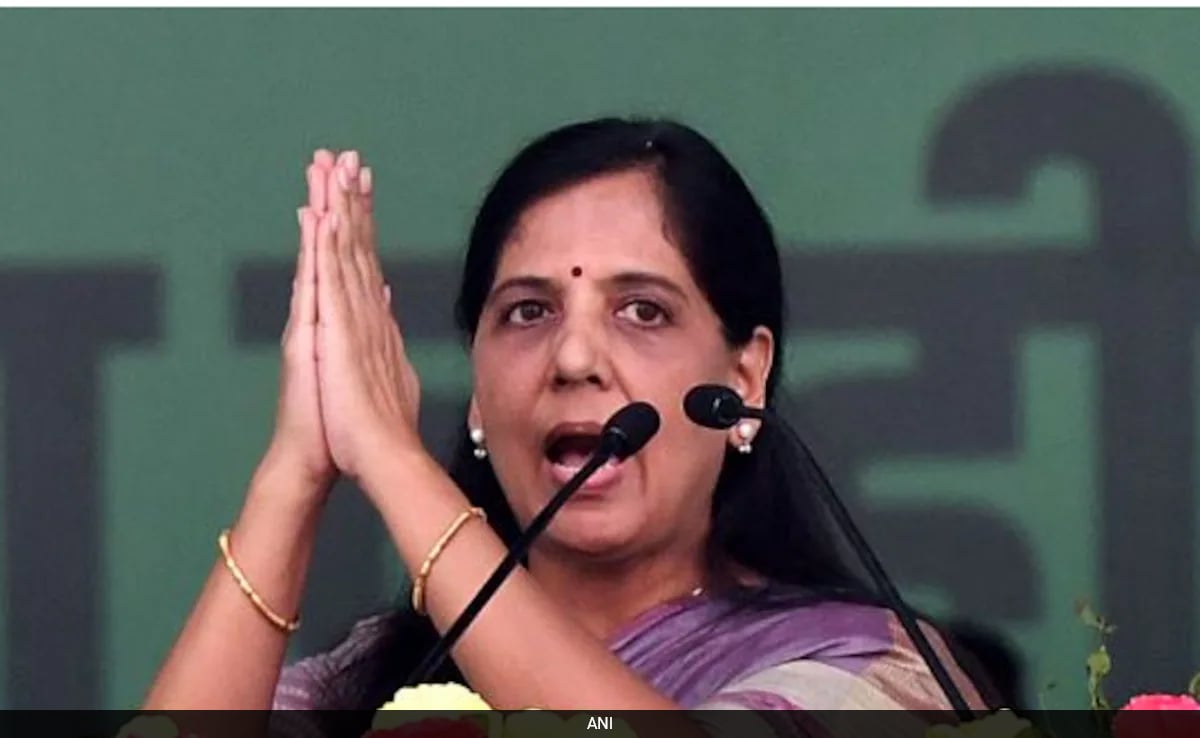The draft report further states that if the above asset cover falls short of the liability on account of public deposits, it will be mandatory for the concerned HFC to inform the National Housing Bank. (symbolic image)
HFCs are permitted to issue co-branded credit cards selectively with scheduled commercial banks, without risk sharing, with prior approval of the Reserve Bank.
The Reserve Bank on Monday proposed to tighten norms for housing finance companies by reducing the maturity period of public deposits to five years and increasing the requirement to maintain liquid assets against liabilities.
At present, housing finance companies (HFCs) are permitted to accept or renew repayable public deposits after a period of 12 months or more, but not more than 120 months from the date of acceptance or renewal of such deposits, RBI has said. Comments were invited till February 29, it said in a draft circular.
“It has been decided that henceforth, from the date of this circular, public deposits accepted or renewed by HFCs will have to be repaid after a period of 12 months or more, but not more than 60 months. Existing deposits with maturity of more than sixty months will be repaid as per their existing repayment profile,” it said.
If their credit rating is below the minimum investment grade, such HFCs will not renew existing deposits or accept new deposits thereafter until they achieve investment grade credit rating.
With regard to the limit on the quantum of public deposits held by deposit taking HFCs, it said that this limit has now been reduced from 3 times to 1.5 times of the net owned funds with immediate effect.
It said it has now been decided that all deposit taking HFCs will maintain liquid assets on an ongoing basis to the extent of 15 per cent of public deposits in a phased manner.
The draft report further states that if the above asset cover falls short of the liability on account of public deposits, it will be mandatory for the concerned HFC to inform the National Housing Bank.
It said HFCs were permitted to issue co-branded credit cards with scheduled commercial banks, without risk sharing, for an initial period of two years and with review thereafter, with the prior approval of the Reserve Bank. Is.
To meet certain expenses of emergency nature, subject to the satisfaction of the NBFC concerned, it states that ‘small deposit amount’ may be paid to individual depositors at the request of the depositor before the expiry of three months from the date of payment. To accept such deposits in full, without interest.
In the case of other public deposits, at the request of the depositors, an amount exceeding 50 per cent of the principal amount of the deposit or Rs 5 lakh, whichever is less, may be paid prematurely to individual depositors. The circular said that such deposits will be accepted without interest after expiry of three months from the date of acceptance.
It states that the balance amount along with interest at the contracted rate will be governed by the provisions of the existing instructions applicable to public deposits.
Premature withdrawal will be allowed in case of meeting expenses of emergency nature including expenses arising due to medical emergencies or natural calamities/disasters.
Following the transfer of regulation of HFCs from the National Housing Bank (NHB), the Reserve Bank issued a revised regulatory framework for HFCs circular on October 22, 2020, to further harmonize the regulations for HFCs and NBFCs. Will be done. In a phased manner.
(This story has not been edited by News18 staff and is published from a syndicated news agency feed – PTI)
Follow us on Google news ,Twitter , and Join Whatsapp Group of thelocalreport.in
















